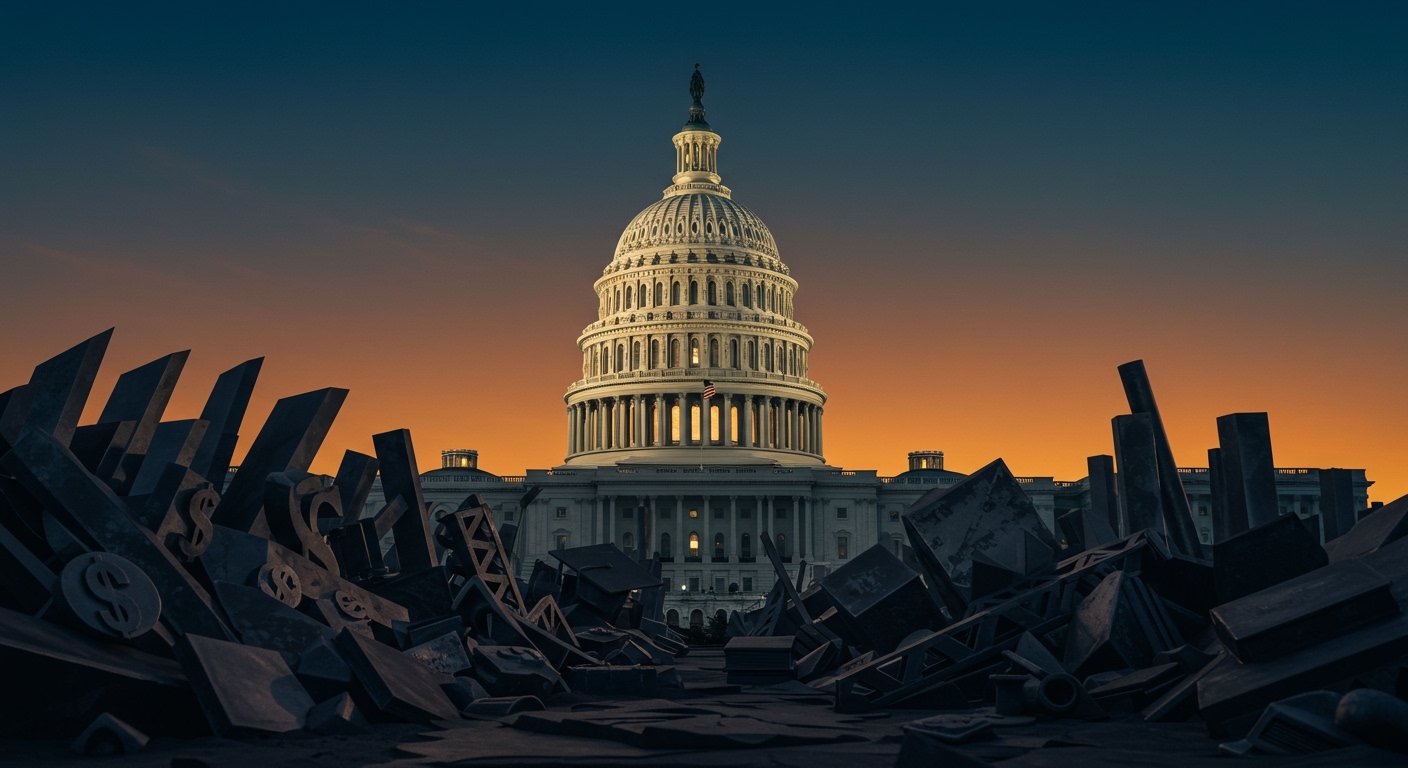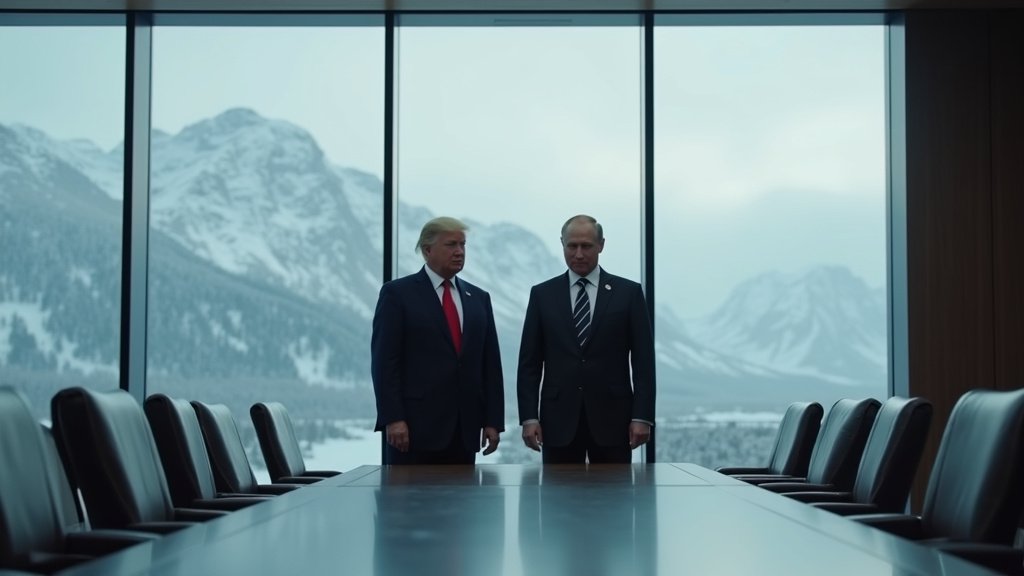Washington, DC – A highly unusual and tense encounter reportedly unfolded in the Oval Office on Friday, February 28, 2025, between President Donald Trump and Ukrainian President Volodymyr Zelenskyy, triggering immediate and sharp reactions across the political spectrum in Washington. According to reports, the meeting escalated dramatically when President Trump allegedly shouted at President Zelenskyy, leveling accusations that he was “gambling with millions of lives” and potentially risking the onset of “World War III.”
This extraordinary exchange marks a critical moment, seen by many as potentially altering the calculus for key Republican and Democratic lawmakers, some of whom have been steadfast supporters of Ukraine’s resistance against aggression. The raw, public nature of the reported disagreement in the symbolic center of American executive power has quickly become a focal point for debate regarding U.S. foreign policy, aid to Kyiv, and the future trajectory of the conflict.
Republican Reactions Highlight Discomfort and Division
The reported confrontation drew swift and varied responses from Republican members of Congress, exposing existing fault lines within the party regarding support for Ukraine.
Representative Mike Lawler, a Republican from New York, did not mince words, reportedly calling the public spat a “disaster” for Ukraine. His reaction suggests concern that such high-level discord could undermine international confidence in Kyiv and its relationship with its most crucial backer. Similarly, Representative Brian Fitzpatrick, a Republican representing Pennsylvania, described the incident as “heartbreaking,” indicating the emotional impact of the reported exchange on those who sympathize with Ukraine’s plight.
Meanwhile, the incident provided further fodder for lawmakers aligned with a more isolationist or “America first” foreign policy stance. Senator Josh Hawley, a Republican from Missouri, articulated views critical of continued aid to Ukraine, a position he has long held. Senator Mike Lee, a Republican from Utah, explicitly voiced support for President Trump’s “America first” approach, framing the reported confrontation within that policy context. These reactions underscore the ongoing tension within the GOP between traditional interventionist foreign policy and a focus on domestic priorities.
Other Republicans who reportedly reacted to the meeting included Senator Lindsey Graham of South Carolina, Representative Don Bacon of Nebraska, and Secretary of State Marco Rubio. House Speaker Mike Johnson, a Republican from Louisiana, was also among those commenting, specifically mentioning President Trump’s “extraordinary mineral rights partnership proposal,” suggesting that amidst the reported tension, substantive, albeit perhaps controversial, proposals were also part of the discussion.
Democrats Condemn Trump’s Conduct and Implications
Democratic leaders were quick to condemn President Trump’s reported behavior and its potential consequences, framing it as detrimental to U.S. interests and supportive of adversaries.
Senate Democratic Leader Chuck Schumer of New York issued a scathing critique, directly criticizing both President Trump and Vice President JD Vance. Schumer stated unequivocally that he believed they were “doing Putin’s dirty work,” suggesting that the administration’s actions and rhetoric were inadvertently or deliberately serving the strategic goals of Russia’s president. This accusation highlights the deep partisan divide over the handling of the Ukraine crisis and the role of the U.S. administration.
House Democratic Leader Hakeem Jeffries, also from New York, echoed similar sentiments, criticizing President Trump and calling the meeting “appalling.” Jeffries’ reaction reflects the widespread Democratic view that public confrontation and harsh rhetoric directed at an embattled ally are counterproductive and damaging to America’s standing and alliances on the global stage.
Broader Political Fallout and Future Implications
The reported Oval Office clash and the subsequent lawmaker reactions underscore the increasingly polarized debate in the United States regarding its commitment to Ukraine. While support for Kyiv has historically enjoyed bipartisan consensus, particularly following the 2022 invasion, fissures have widened, notably among some segments of the Republican party.
The severity of the reported exchange – featuring shouting and grave accusations of triggering a world war – is seen as potentially emboldening those skeptical of aid and complicating efforts by lawmakers who wish to maintain robust support for Ukraine. The public nature of the disagreement, rather than a private diplomatic exchange, adds a layer of political drama that observers suggest could be exploited by opponents of aid or those seeking to recalibrate U.S. foreign policy priorities.
The mentioning of the “extraordinary mineral rights partnership proposal” by Speaker Johnson also hints at the complex and potentially contentious issues underlying the U.S.-Ukraine relationship beyond military aid, suggesting that economic and strategic resource interests are also part of the high-stakes discussions.
As lawmakers continue to process the details of the reported meeting, the fallout is expected to influence upcoming debates on foreign aid packages and the overall direction of American diplomacy concerning Eastern Europe and relations with Russia. The incident in the Oval Office on February 28, 2025, may well serve as a pivotal moment in shaping the future of U.S. engagement in the ongoing conflict.












